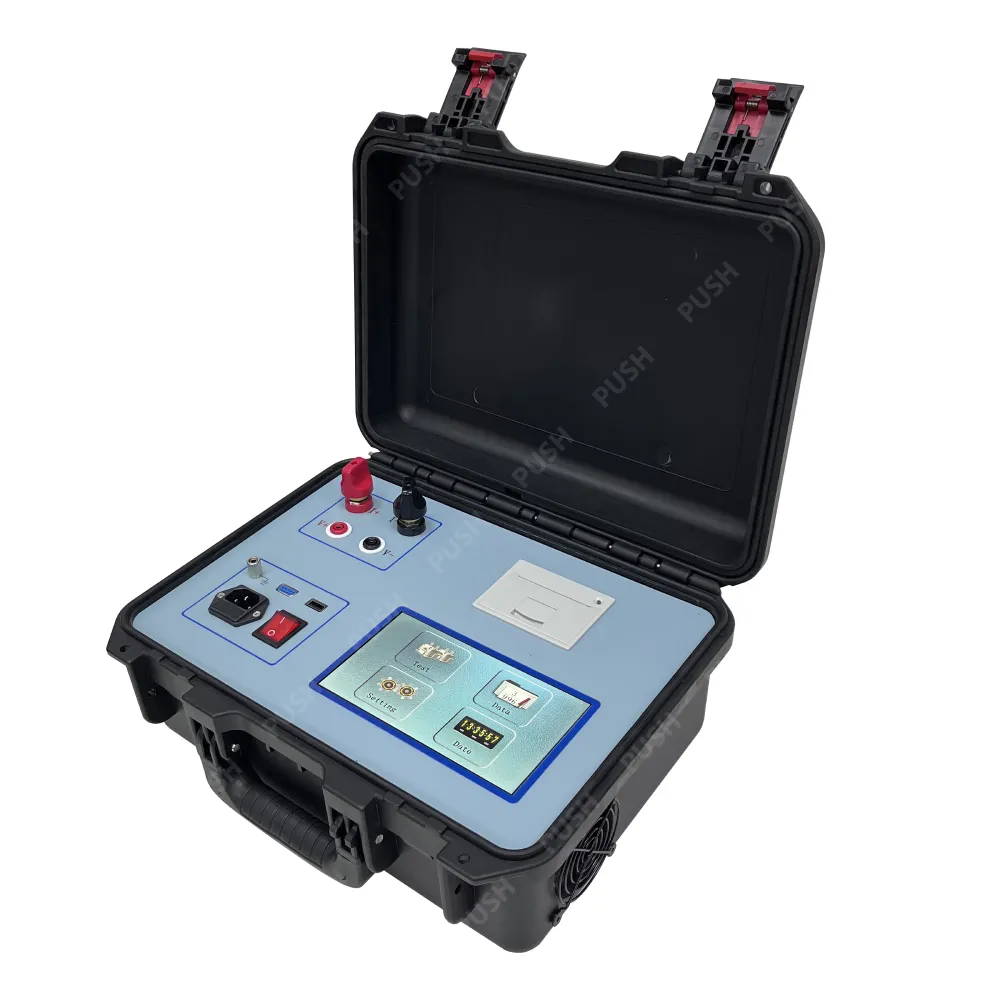 English
English



-
 Afrikaans
Afrikaans -
 Albanian
Albanian -
 Amharic
Amharic -
 Arabic
Arabic -
 Armenian
Armenian -
 Azerbaijani
Azerbaijani -
 Basque
Basque -
 Belarusian
Belarusian -
 Bengali
Bengali -
 Bosnian
Bosnian -
 Bulgarian
Bulgarian -
 Catalan
Catalan -
 Cebuano
Cebuano -
 China
China -
 China (Taiwan)
China (Taiwan) -
 Corsican
Corsican -
 Croatian
Croatian -
 Czech
Czech -
 Danish
Danish -
 Dutch
Dutch -
 English
English -
 Esperanto
Esperanto -
 Estonian
Estonian -
 Finnish
Finnish -
 French
French -
 Frisian
Frisian -
 Galician
Galician -
 Georgian
Georgian -
 German
German -
 Greek
Greek -
 Gujarati
Gujarati -
 Haitian Creole
Haitian Creole -
 hausa
hausa -
 hawaiian
hawaiian -
 Hebrew
Hebrew -
 Hindi
Hindi -
 Miao
Miao -
 Hungarian
Hungarian -
 Icelandic
Icelandic -
 igbo
igbo -
 Indonesian
Indonesian -
 irish
irish -
 Italian
Italian -
 Japanese
Japanese -
 Javanese
Javanese -
 Kannada
Kannada -
 kazakh
kazakh -
 Khmer
Khmer -
 Rwandese
Rwandese -
 Korean
Korean -
 Kurdish
Kurdish -
 Kyrgyz
Kyrgyz -
 Lao
Lao -
 Latin
Latin -
 Latvian
Latvian -
 Lithuanian
Lithuanian -
 Luxembourgish
Luxembourgish -
 Macedonian
Macedonian -
 Malgashi
Malgashi -
 Malay
Malay -
 Malayalam
Malayalam -
 Maltese
Maltese -
 Maori
Maori -
 Marathi
Marathi -
 Mongolian
Mongolian -
 Myanmar
Myanmar -
 Nepali
Nepali -
 Norwegian
Norwegian -
 Norwegian
Norwegian -
 Occitan
Occitan -
 Pashto
Pashto -
 Persian
Persian -
 Polish
Polish -
 Portuguese
Portuguese -
 Punjabi
Punjabi -
 Romanian
Romanian -
 Russian
Russian -
 Samoan
Samoan -
 Scottish Gaelic
Scottish Gaelic -
 Serbian
Serbian -
 Sesotho
Sesotho -
 Shona
Shona -
 Sindhi
Sindhi -
 Sinhala
Sinhala -
 Slovak
Slovak -
 Slovenian
Slovenian -
 Somali
Somali -
 Spanish
Spanish -
 Sundanese
Sundanese -
 Swahili
Swahili -
 Swedish
Swedish -
 Tagalog
Tagalog -
 Tajik
Tajik -
 Tamil
Tamil -
 Tatar
Tatar -
 Telugu
Telugu -
 Thai
Thai -
 Turkish
Turkish -
 Turkmen
Turkmen -
 Ukrainian
Ukrainian -
 Urdu
Urdu -
 Uighur
Uighur -
 Uzbek
Uzbek -
 Vietnamese
Vietnamese -
 Welsh
Welsh -
 Bantu
Bantu -
 Yiddish
Yiddish -
 Yoruba
Yoruba -
 Zulu
Zulu
Advanced Techniques for Measuring Resistivity in Various Materials and Applications
Understanding the Importance of Resistivity Testers
In the realm of electrical testing and material analysis, resistivity testers play a crucial role. This instrument is utilized to measure the resistivity of various materials, including soils, concrete, and metals. The resistivity of a material is a fundamental property that indicates how strongly the material opposes the flow of electric current. This article delves into the significance, functioning, and applications of resistivity testers.
What is Resistivity?
Resistivity is a physical property that relates to the capability of a material to conduct electric current. It is defined as the resistance per unit length and per unit cross-sectional area. The unit of resistivity is ohm-meter (Ω·m). High resistivity materials, such as plastics and ceramics, are insulators, while low resistivity materials, like metals, are conductors. Understanding the resistivity of a material is essential for various engineering applications, particularly in electrical and construction industries.
How Resistivity Testers Work
Resistivity testers operate by applying a voltage across a material and measuring the resulting current that flows through it. The basic principle is derived from Ohm’s Law, which states that the resistance (R) is equal to the voltage (V) divided by the current (I) R = V/I. In a resistivity test, the tester applies a known voltage and measures the current to compute the resistivity using the formula
\[ \rho = \frac{R \cdot A}{L} \]
Where - \( \rho \) is the resistivity, - \( R \) is the resistance, - \( A \) is the cross-sectional area of the material, - \( L \) is the length through which the current flows.
These testers can come in various forms, including four-point probes, surface resistivity meters, and soil resistivity testers
. The four-point probe method is particularly effective for thin films and small samples, helping to minimize errors due to contact resistance.resistivity tester

Applications of Resistivity Testers
Resistivity testers find applications in multiple fields
1. Geotechnical Engineering In civil engineering, understanding the resistivity of soil is critical for foundation design and groundwater studies. High resistivity soil can indicate dry conditions, while low resistivity can signify high moisture levels, affecting construction planning.
2. Electrical Utilities Utility companies use resistivity testers to analyze the ground quality and ensure safe and effective grounding systems. Proper grounding is essential to prevent electrical shocks and ensure the stability of electrical installation.
3. Material Science In research and development, testing the resistivity of new materials helps in determining their suitability for various applications. For example, materials designed for electronics often require specific resistivity properties to function effectively.
4. Corrosion Studies Understanding the resistivity of materials can aid in assessing corrosion risks in pipelines and other metal structures. Higher resistivity generally suggests lower corrosion rates, allowing for better maintenance strategies.
5. Quality Control Manufacturers of conductive materials often utilize resistivity testing as part of their quality control processes to ensure product consistency and performance.
Conclusion
Resistivity testers are indispensable tools in a variety of industries, providing essential data that can significantly impact engineering decisions and material selections. As technology advances, these testers continue to improve in accuracy and usability, making them an even more vital resource in both field and laboratory settings. For professionals across geotechnical, electrical, and material science fields, mastering the use of resistivity testers is crucial for ensuring safety, reliability, and efficiency in their respective applications. Understanding the fundamentals of resistivity not only enhances the quality of work but also contributes to innovations that can benefit society as a whole.
-
Testing Equipment Industry Sees Major Advancements in 2025: Smart & Precision Technologies Lead the WayNewsJun.06,2025
-
Applications of Direct Current Generators in Renewable Energy SystemsNewsJun.05,2025
-
Hipot Tester Calibration and Accuracy GuidelinesNewsJun.05,2025
-
Digital Circuit Breaker Analyzer Features and BenefitsNewsJun.05,2025
-
Benefits of Real-Time Power Quality Monitoring Devices for Industrial EfficiencyNewsJun.05,2025
-
Earth Fault Loop Testing in High-Rise Building Electrical SystemsNewsJun.05,2025



